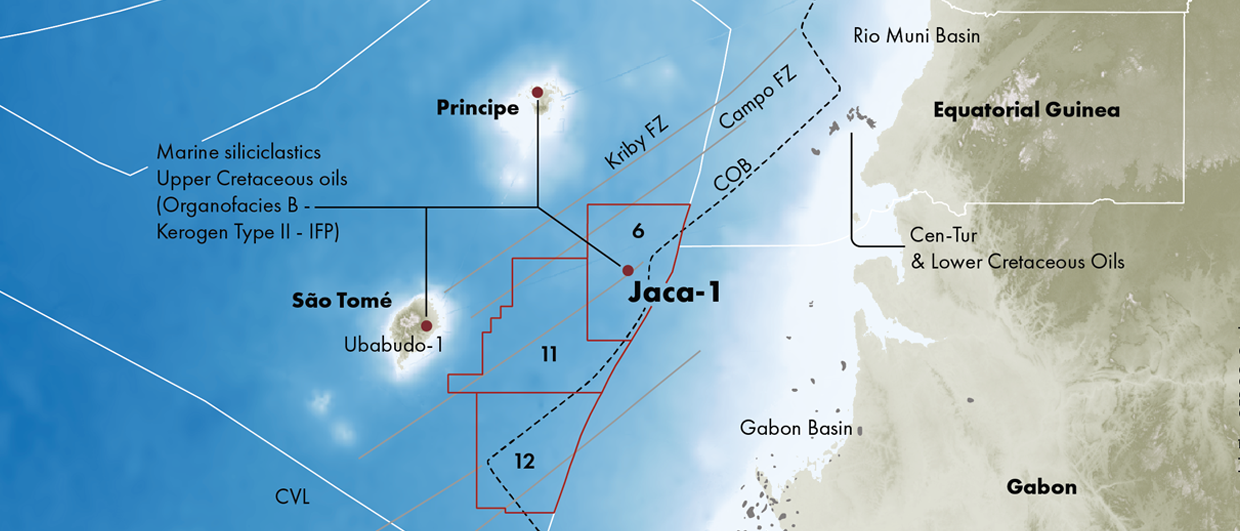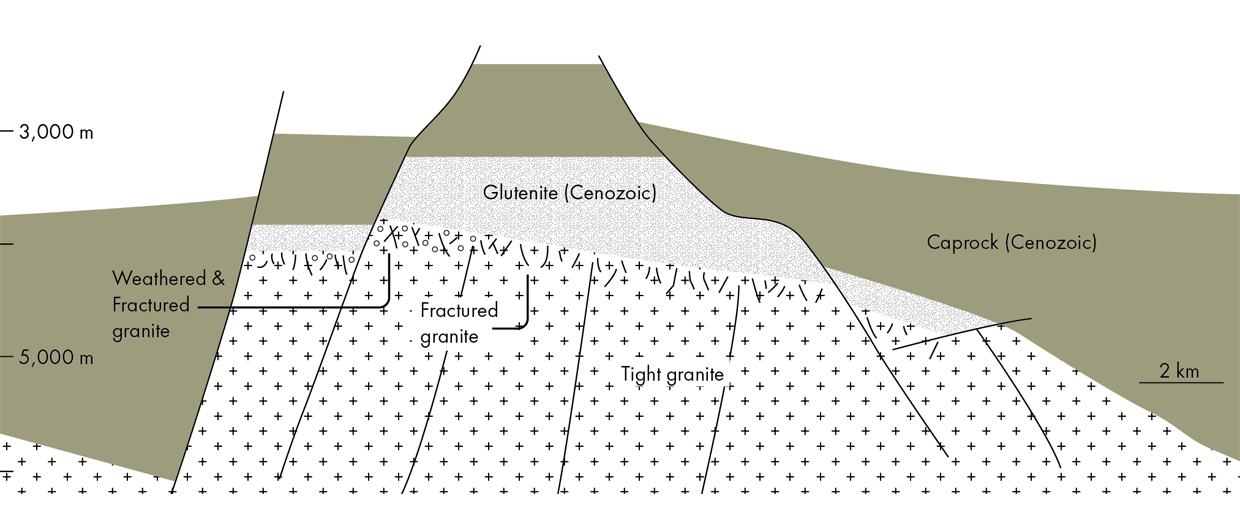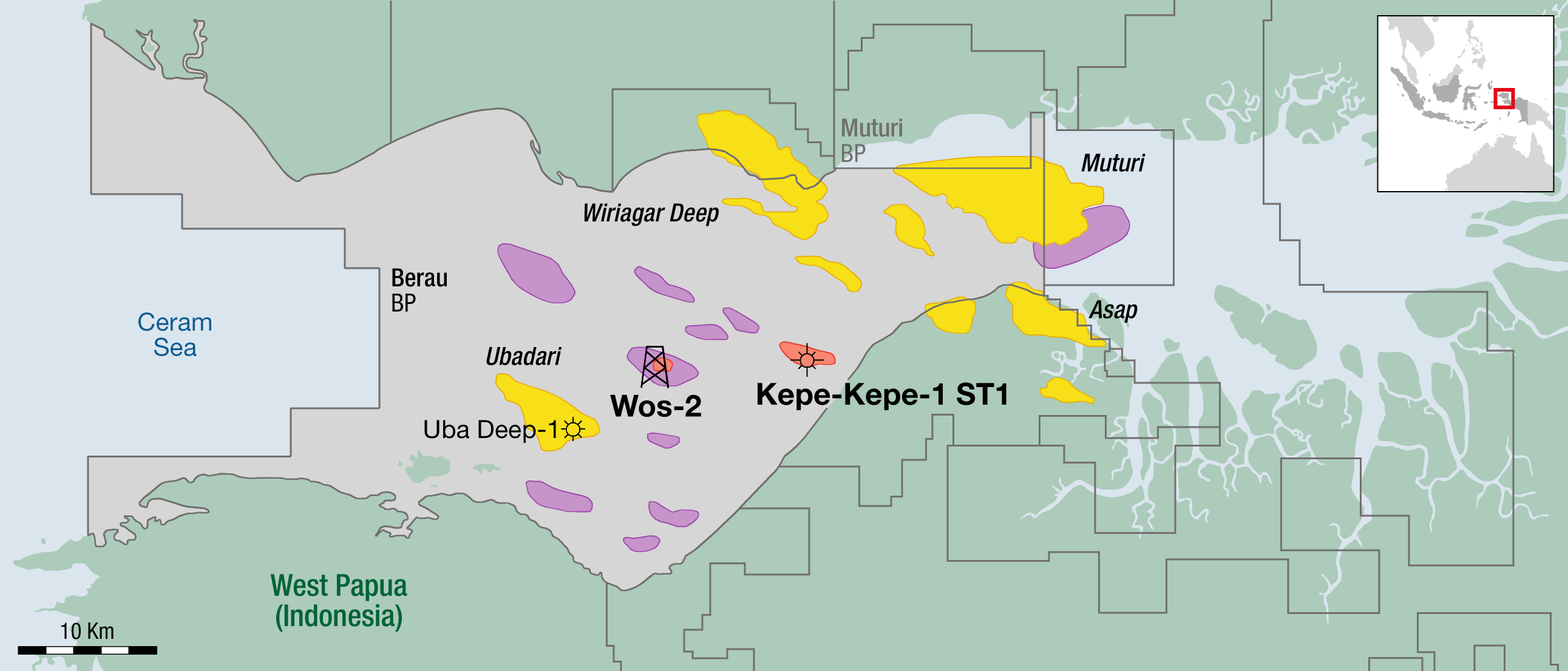The discovery of hydrocarbons can be a wonderful bonus to a country, or a mixed blessing – or in some cases, the root of decades of fighting and war. For 27 long years Angolans, for example, fought a bloody civil war, fuelled by revenues from oil, conveniently located offshore and therefore accessible to foreign companies without them having to set foot in the war-ravaged country. With peace, production increased, and now the country produces about 1.7 MMboepd: yet about 35% of the population still lives below the poverty line.
Undeterred, the craving for oil wealth and the desire to be ‘the next Norway’ continue unabated. As do high community expectations in many countries, surrounded by myths about local oil riches. This is particularly true in East Africa, where recent discoveries have fuelled long-held beliefs that the region is rich in oil and gas reserves, the knowledge of which has been reputedly suppressed by companies and oil-rich Arab countries. The fact that the majority of the recent discoveries have not been in areas which have historically seen most exploration seems to slip past unnoticed; the myth of riches and conspiracies is far more attractive. These misconceptions help fuel local disagreements and underwrite regional armed conflicts, as seen in much of the Horn of Africa.
Africa does not have a monopoly on conspiracy theories. In September, the Scots decided in a closely fought and sometimes contentious referendum to remain part of the United Kingdom – and immediately social media were awash with talks of a rigged election. The London government, it was said, had made sure the pro-independence movement lost the vote because there had been a recent discovery of a giant field off Scotland – news that would be suppressed until after the referendum. Interestingly, 45% of Scots voted for independence, and in a poll just before the election 42% of voters said they thought the government was probably covering up a secret oilfield near Shetland. There is no evidence for this discovery or its concealment, but as so often with these ‘urban myths’, many people prefer to put their feelings before the facts.
Of course, there is also no evidence that the story was not covered up, which is why conspiracy theories and stories of ‘rivers of oil’ beneath East Africa endure.
Jane Whaley
Editor-in-Chief
Gloucestershire, UK
October, 2014.





